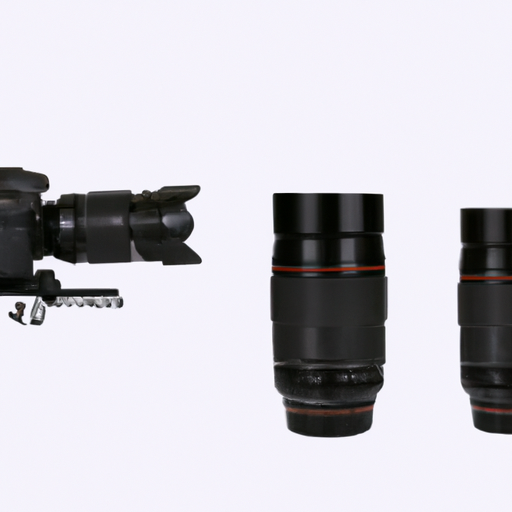Use FOCA for Metadata Extraction and Analysis: A Practical Guide. Download FOCA from https://github.com/ElevenPaths/FOCA.
Metadata is data that describes other data. It provides information about the content, structure, and context of a file. Metadata can be used for various purposes, such as organizing and managing files, searching for specific information, and analyzing data. FOCA (Fingerprinting Organizations with Collected Archives) is a tool that can be used for Metadata Extraction and analysis. In this article, we will provide a practical guide on how to use FOCA for Metadata Extraction and analysis.
What is FOCA?
FOCA is a tool developed by ElevenPaths, a Cybersecurity company owned by Telefonica. It is designed to extract metadata from various types of files, such as PDFs, Word documents, Excel spreadsheets, and images. FOCA can also be used to analyze the metadata and identify potential security risks, such as sensitive information that should not be publicly available.
How to Use FOCA for Metadata Extraction
To use FOCA for Metadata Extraction, follow these steps:
- Download and install FOCA from the ElevenPaths website.
- Open FOCA and click on the “File” menu.
- Select “New Project” and choose a name for your project.
- Click on the “Add Files” button and select the files you want to extract metadata from.
- Click on the “Start Analysis” button to begin the Metadata Extraction process.
- FOCA will extract the metadata from the selected files and display it in a table.
How to Use FOCA for Metadata Analysis
To use FOCA for metadata analysis, follow these steps:
- Open FOCA and click on the “File” menu.
- Select the project you want to analyze.
- Click on the “Metadata” tab to view the extracted metadata.
- FOCA will display various types of metadata, such as author names, creation dates, and modification dates.
- Click on the “Search” button to search for specific metadata, such as email addresses or phone numbers.
- FOCA will highlight the search results in the metadata table.
- Click on the “Export” button to export the metadata to a CSV file.

Case Study: FOCA in Action
FOCA has been used in various real-world scenarios to extract and analyze metadata. One notable example is the “Collateral Murder” video released by WikiLeaks in 2010. The video showed a US Apache helicopter firing on a group of people in Baghdad, including two Reuters journalists. FOCA was used to extract metadata from the video file, which revealed that the video was taken by the US military and that the journalists were mistaken for insurgents. The metadata also revealed the location and time of the incident, which helped to corroborate the events depicted in the video.
Benefits of Using FOCA for Metadata Extraction and Analysis
Using FOCA for Metadata Extraction and analysis has several benefits, including:
- Efficiency: FOCA can extract metadata from multiple files at once, saving time and effort.
- Accuracy: FOCA can extract metadata that may not be visible to the naked eye, such as hidden text or deleted information.
- Insight: FOCA can provide valuable insights into the content and context of files, such as the author, creation date, and modification history.
- Security: FOCA can identify potential security risks, such as sensitive information that should not be publicly available.
FOCA is a powerful tool for Metadata Extraction and analysis. It can be used to extract metadata from various types of files and analyze the metadata to identify potential security risks. By following the practical guide outlined in this article, you can use FOCA to extract and analyze metadata in a quick and efficient manner. The benefits of using FOCA for Metadata Extraction and analysis are numerous, making it a valuable tool for anyone who works with digital files.





